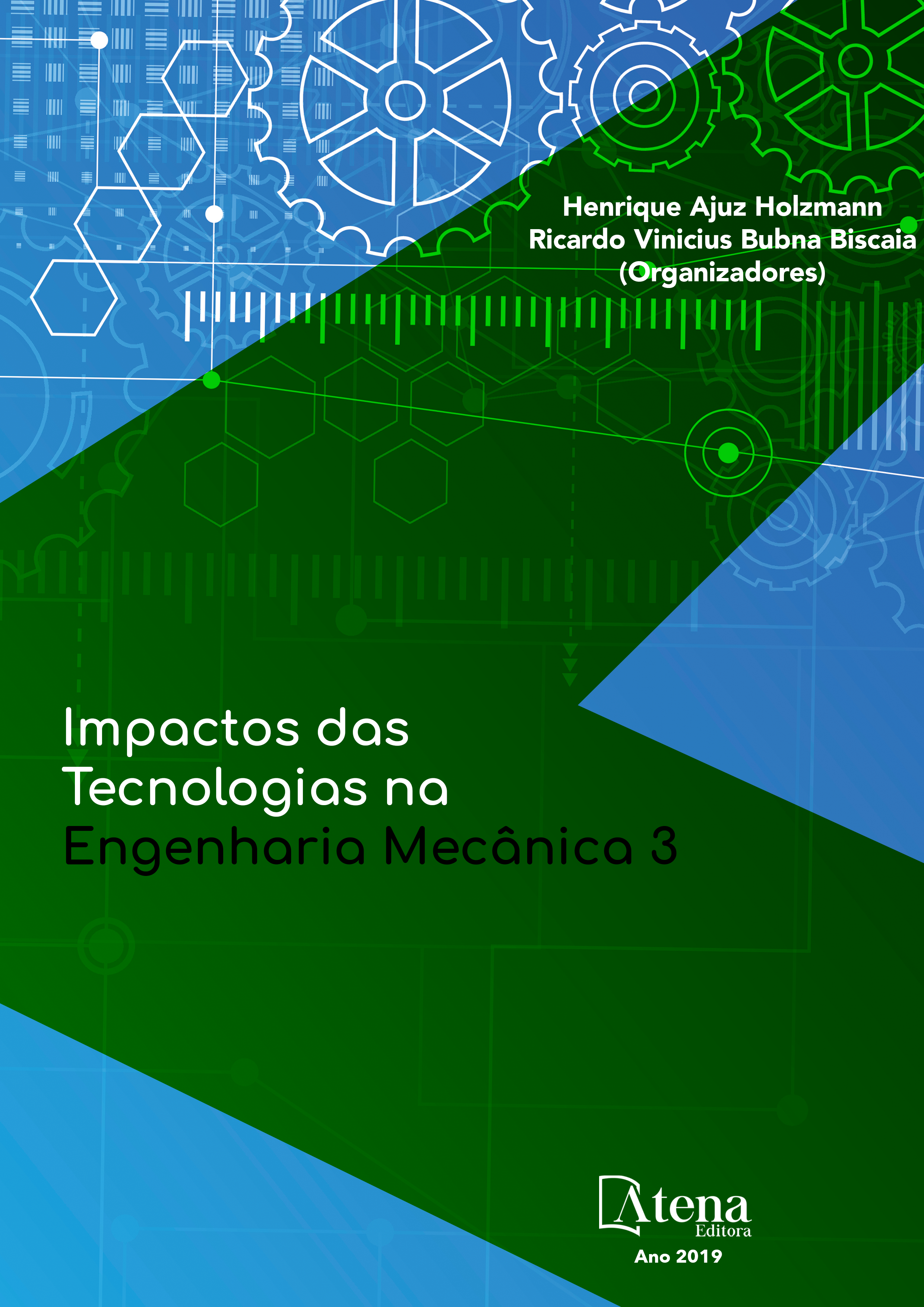
PROPRIEDADES TERMOFÍSICAS DE NANOFLUIDOS TiO2
Nanofluidos são suspensões
coloidais com nanopartículas dispersas em
fluidos trocadores de calor como a água, óleo
e etilenoglicol. Esses fluidos tecnológicos vem
sendo bastante estudados nos últimos anos
devido ao seu potencial em aplicações em
transferência de calor. Neste trabalho estudouse
a síntese e caracterização de nanofluidos
com nanopartículas de TiO2 funcionalizadas
com polivinil álcool (PVA) em água e em óleo
mineral como fluidos base. Foram medidas
a condutividade térmica e viscosidade dos
mesmos, sob temperaturas de 20 a 50°C e faixa
de concentração de 0,00125 a 0,1% em volume.
Os incrementos obtidos para a condutividade
térmica foi de 4,9% para a concentração
volumétrica de 0,01% para os nanofluidos
com base em óleo mineral, e incremento
máximo na condutividade térmica de 6,1%
para a concentração 0,05% na temperatura de
40°C para o fluido base água. Com relação à
viscosidade, para os nanofluidos com água o
máximo incremento na viscosidade foi de 2,3%
para a concentração de 0,05% na temperatura
de 50°C, e para os nanofluidos base óleo 1,0%
foi o máximo incremento obtido para a maior
concentração (0,01% vol.) na temperatura de
20°C.
PROPRIEDADES TERMOFÍSICAS DE NANOFLUIDOS TiO2
-
DOI: 10.22533/at.ed.4871905044
-
Palavras-chave: nanofluidos, síntese, condutividade térmica, viscosidade
-
Keywords: nanofluids, synthesis, thermal conductivity, viscosity
-
Abstract:
Nanofluids are colloidal
suspensions with nanoparticles dispersed in
heat-exchanging fluids such as water, oil and
ethylene glycol. These technological fluids have
been well studied in recent years due to their
potential in heat transfer applications. In this work
we studied the synthesis and characterization of
nanofluids with TiO2 nanoparticles functionalized
with polyvinyl alcohol (PVA) in water and mineral oil as base fluids. Thermal conductivity
and viscosity were measured at temperatures of 20 to 50°C and concentration range
of 0.00125 to 0.1% by volume. The thermal conductivity increases were 4.9% for the
volumetric concentration of 0.01% for the mineral oil based nanofluids and the maximum
increase in thermal conductivity of 6.1% for the 0.05% concentration in the temperature
of 40°C for the water-based fluid. With respect to viscosity, for the nanofluids with water
the maximum increase in viscosity was 2.3% for the concentration of 0.05% at the
temperature of 50°C, and for the oil base nanofluids 1.0% was the maximum increment
obtained at the highest concentration (0.01 vol%) at a temperature of 20°C.
-
Número de páginas: 15
- Stella Rodrigues Ferreira Lima Ribeiro
- David Fernando Marcucci Pico
- Alessandro Augusto Olimpio Ferreira Vittorino
- Enio Pedone Bandarra Filho
- Letícia Raquel de Oliveira


